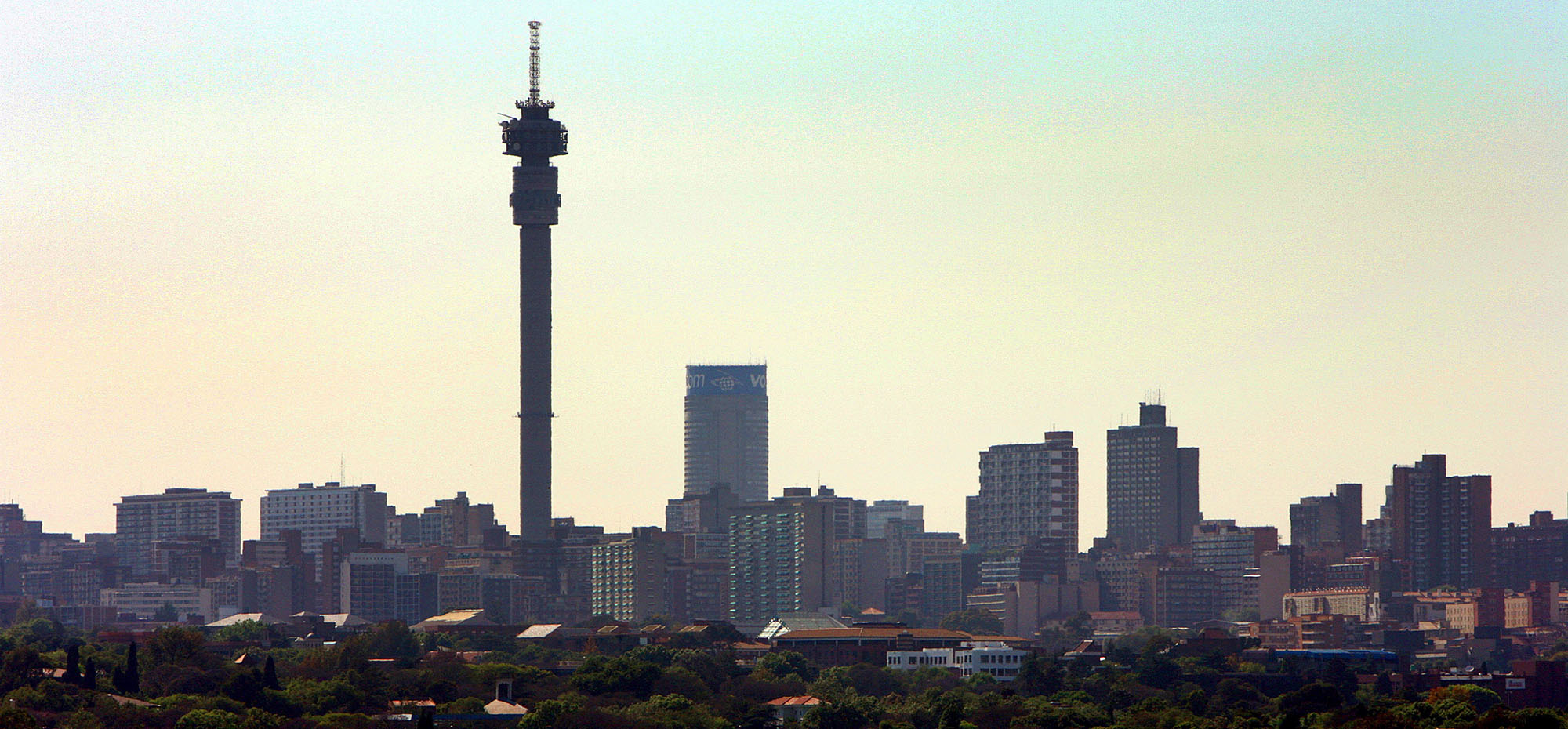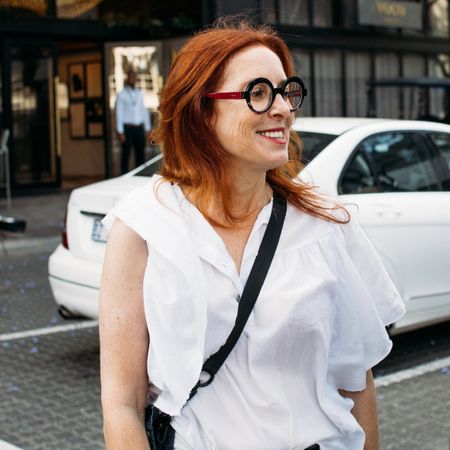For decades, people have written about Johannesburg. The city barely speaks for itself. Now, perhaps for the first time, it can.
I’ve spent 30 years in the media – from the analogue days of print deadlines (when the Sunday Times would hold print until the sports photographer had driven back to develop film in the dark room after a Saturday-night rugby game) to today’s algorithm-driven digital era.
Every new technology reshapes not only how we tell stories, but who gets to tell them. For all its faults, the first great digital disruption turned audiences into communities. We went from broadcasting to conversation, from consumption to connection.
Johannesburg in Your Pocket GPT is an experiment that sits at the intersection of technology, storytelling and place. It’s not a chatbot; it’s an attempt to give the city a voice – one that speaks in its own cadence, and reflects not just data, but lived experience. This next shift, powered by AI, is forcing us to rethink again – this time, the very nature of authorship and authority.
/file/dailymaverick/wp-content/uploads/2025/11/JL-website-downloadMap-final-copy.jpg)
We are living in a world of no equilibrium, in which information moves faster than comprehension, and narratives fracture before they settle. In that swirl, cities like Johannesburg – complex, layered and misunderstood – risk being flattened into caricature.
At its heart, it’s a tool that draws from years of editorial work, cultural archives and human voices – to create a system that knows where Victoria Yards sits in the creative ecology of the city, why the Rand Club still matters, and how the hum of a tuk-tuk in Orlando West can tell you as much about resilience as any policy paper.
But more than that, it’s a way to reclaim narrative power. In a world where most AI is trained on Western data and assumptions, this project is a statement: if machines are learning to speak, Johannesburg deserves to coach that voice.
I often think back to the early days of online publishing, when we believed digital would democratise storytelling. And it did – but it also unleashed a torrent, an attention economy where volume drowned out nuance. Now, we’re trying something different: using AI not as a content factory, but as a listening tool – one that can distill, connect and surface the richness that’s already here.
This is not about replacing human creativity. It’s about amplifying it – giving shape to collective intelligence, and extending the reach of local voices to global ears. It is, in a sense, a conversation between past and future: between the human writers and editors who have chronicled this city for years and the digital systems that will help it be heard in new ways.
If we succeed, it won’t just be Johannesburg finding its voice – it will be Africa beginning to write itself into the global algorithmic story.
I’ve come to believe that progress in media has never been about mastering technology, but about understanding meaning. From print to pixels to prompts, the question has always been the same: How do we connect? How do we translate the noise of change into something that helps us see ourselves – and each other – more clearly?
Johannesburg, for all its chaos, has always known how to answer that. It teaches us, daily, that equilibrium is overrated. That beauty often hides in unfinished things. That identity is a conversation, not a headline.
And maybe that’s the lesson AI most needs to learn.
With Joburg in the spotlight for G20 as a host city – those who remember World Cup 2010 will agree that this doesn’t resemble the proud city we presented then, one that came together, proving we could deliver a world-best, and dissembled over 15 years.
At a friend’s birthday party recently her husband used the phrase “two things can be true”, trying to sum up the amazing combination of things that are her makeup. It resonated deeply.
Yes, Joburg is falling, broken, derelict, spurting water, missing electricity – but Joburg is a city of dynamic connections, an explosion of running clubs, a place of intensely creative ideas, an art city.
Here are five things on my radar this week:
- Fox Street lights up for the latest season of performances from Centre from The Less Good Idea, 25 to 29 November;
- If the rain is kept at bay The Fieldberry Farm is open for blackberry picking on Saturday, 22 November, with nature walks, bird bingo, a farm stall and everything you need for a picnic outdoors;
- Get your tickets for the Ponte Challenge – a race to the top on Saturday, 7 December. This books out fast!;
- Join a walkabout at Rand Club with artist Fiverlocker of her exhibition The Myth of Amnesia, on Saturday, 22 November at 11am – a focus on the aftershocks of empire; and
- The innovative Picnic and Thrift hosts Second Hand Skater Days on Saturday, 22 November from 1pm to 5pm at Democracy Bar in Illovo. DM
Laurice Taitz-Buntman is the founder of Johannesburg In Your Pocket.




 The Johannesburg, skyline. (Photo: EPA/JON HRUSA)
The Johannesburg, skyline. (Photo: EPA/JON HRUSA) 